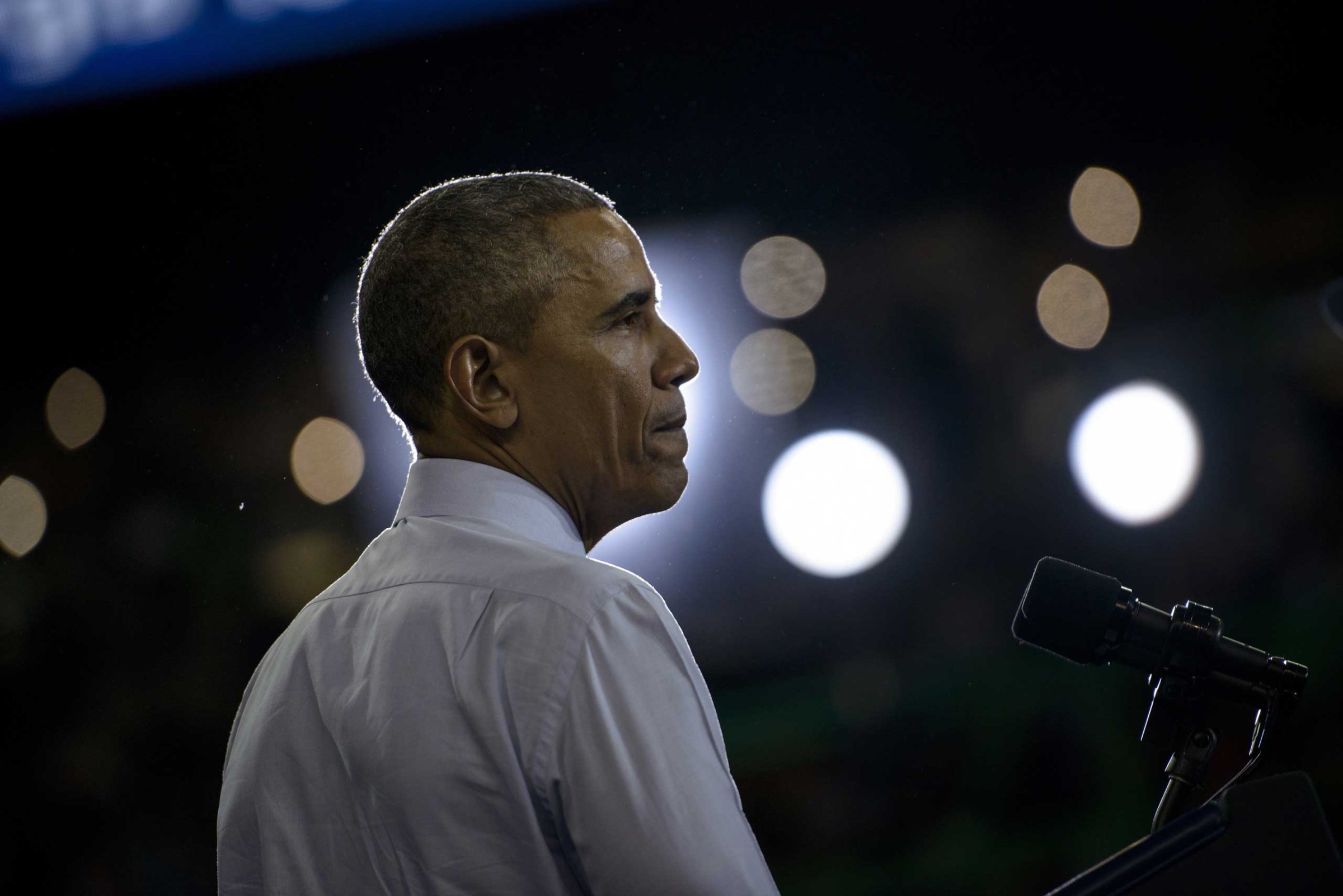
The Obama Administration may be on the verge of completing a deal that leaves Iran with a substantial nuclear capability, but about a year away from a bomb’s worth of fissile material. By not insisting on the dismantlement of any major nuclear infrastructure, or even on the complete cessation of enrichment activities, the White House is betting that not only is Iran likely to heed the deal, but also that the United States would have enough time to act appropriately and decisively if it does not. Believing it has headed-off the seemingly unavoidable march towards war with Iran, the White House is crowing about its impending diplomatic feat.
Unfortunately, rather than obviating the likelihood of war, this deal encourages it. For different reasons, inking this accord increases the chances that both Israel and the United States take military action against Iran to stop its nuclear pursuits. As former Secretary of State Henry Kissinger aptly concluded in recent Congressional testimony, the goal of the nuclear talks has evolved “from preventing proliferation to managing it.” In doing so, the Administration has sown the seeds of future conflict.
For Israel, the deal represents the failure of its decade-long effort to prevent Iranian proliferation. Unquestionably, the country has believed that it would not only be better to dismantle Iran’s program through non-military means, but also, if that option proved impossible, that the United States would take the lead in destroying Iran’s nuclear assets. The deal reveals that neither is true. The Obama Administration has chosen to tolerate rather than disassemble a vast Iranian nuclear program. Having an understandably much lower threshold for what it can tolerate due to its proximity to Iran and the regime’s heinous history, Israel may feel that it now has no choice but to take matters into its own hands, no matter how unattractive the consequences.
Ironically, the deal also likely commits the United States to future military action against Iran. Even the modest restrictions imposed will be removed in a decade, by which time Iran’s warhead and delivery mechanism will be fully operational. If, as time goes by, Washington realizes that it is unintentionally midwifing an Iranian bomb, it will have little choice but to abrogate the accord itself. Faced with the prospect of not just a nuclear-capable but also a nuclear-armed Iran, Washington may be compelled to preempt this scenario.
Moreover, the assumption of Iranian perfidy is baked into this deal. If merely a treaty-bound commitment were enough, then Iran’s longstanding membership in the Nuclear Non-Proliferation Treaty should suffice. The concept of any additional negotiations suggests, quite rightly, that Iran is likely to vitiate its own assurances. The one-year break-out time is intended to give the U.S. enough of a lead to identify Iranian cheating and marshal the international community to re-impose sanctions that will make the country heel. Hardly a chess novice, Iran would see that it has nothing to gain and everything to lose by breaking its commitments and sparking a return to the status quo ante of international isolation.
However, such a short break-out time only bolsters the likelihood of American military action. It took seven years of nuclear-related sanctions to coax Iran to the negotiating table, at which Iran has yet to make any irreversible commitments. No matter the president or Congress’ desire for alacrity, it would be impossible for even the most stringent sanctions to have their desired effect in less than twelve months. At that point, the only way the United States can prevent an Iranian break-out will be to credibly threaten the use of force. Perhaps unwittingly, the deal the Administration believes averts war only works if the U.S. is willing to go to war to enforce it.
To avoid war, the United States and Israel have two options: accept Iran as a nuclear power or negotiate a deal that eliminates Iran’s capacity to be one. Such a deal must verifiably dismantle Iran’s entire nuclear infrastructure and remove its capacity to enrich uranium at any level. By doing so, it can extend the break-out time to a matter of years, ensuring that it will indeed have enough time to prevent an Iranian bomb through non-military means.
The impending deal is not final. For cultural and political reasons, Iran may never agree to any deal, even one as advantageous as this one. Yet, unless the United States dramatically reverses the concessions it has made, this deal will not defer the threat of war, but accelerate it.
Read next: Is This the Man Who Could Beat Netanyahu and Become Israel’s Next PM?
Photos: What Obama's Hugs Meant
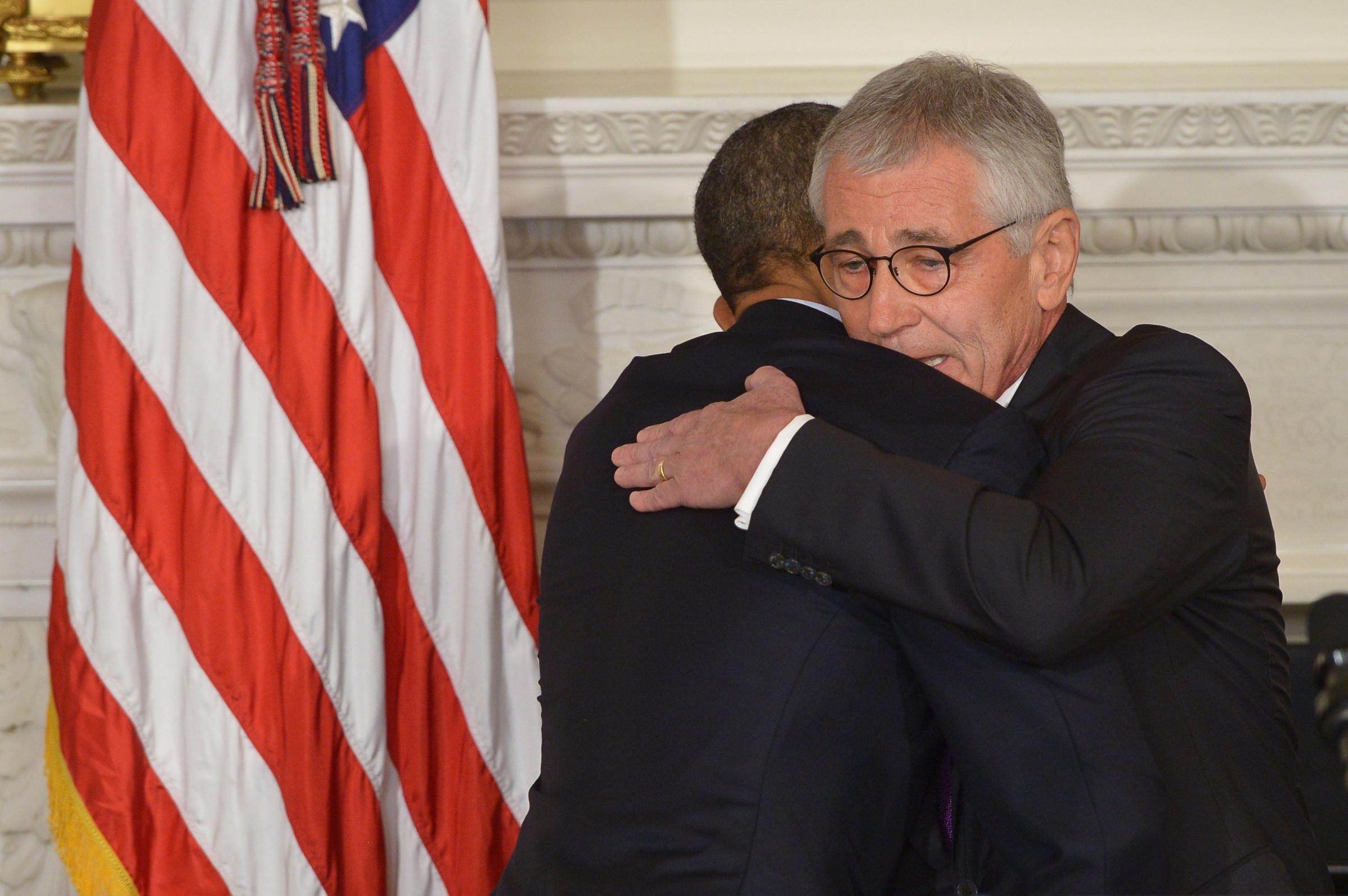
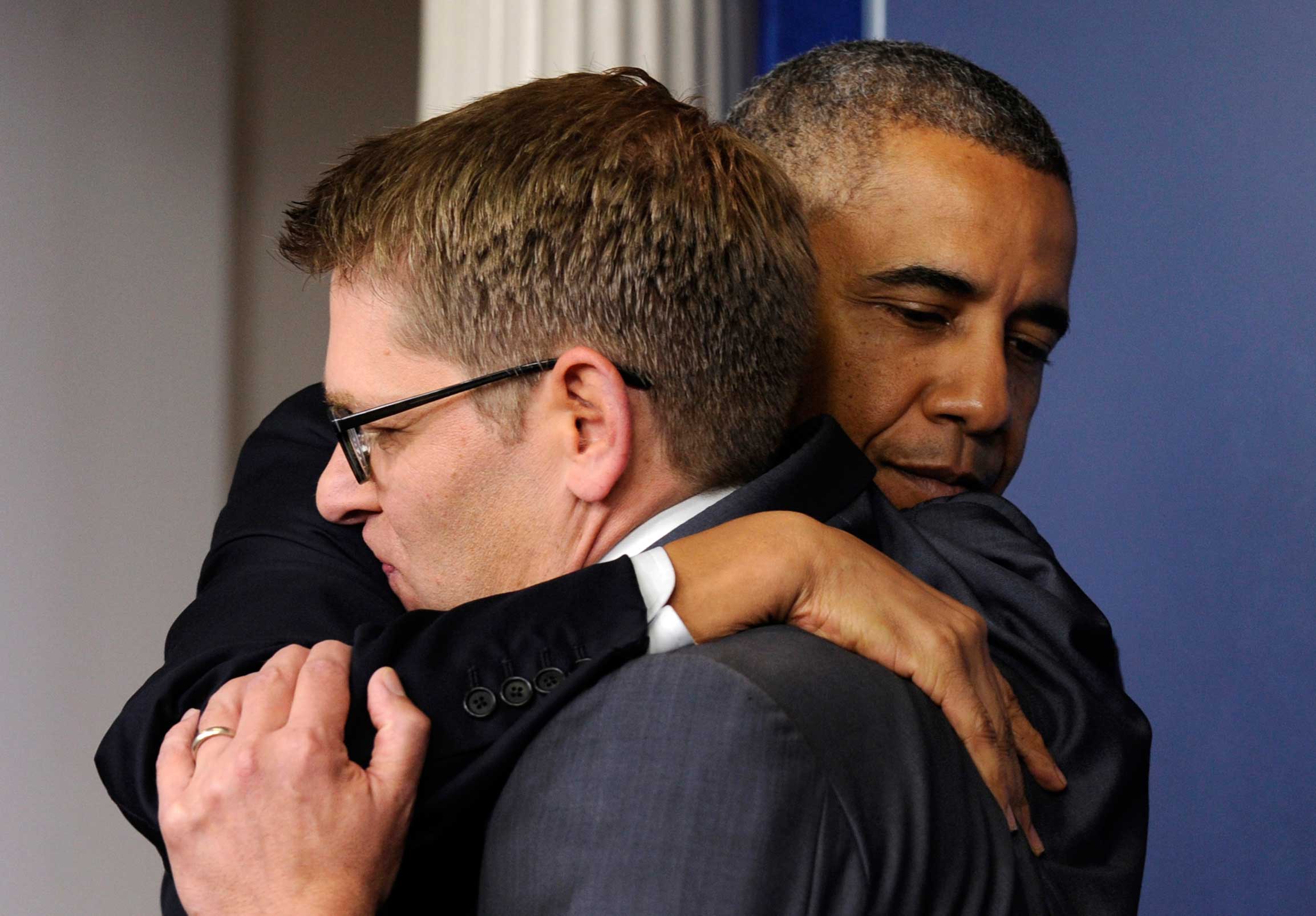

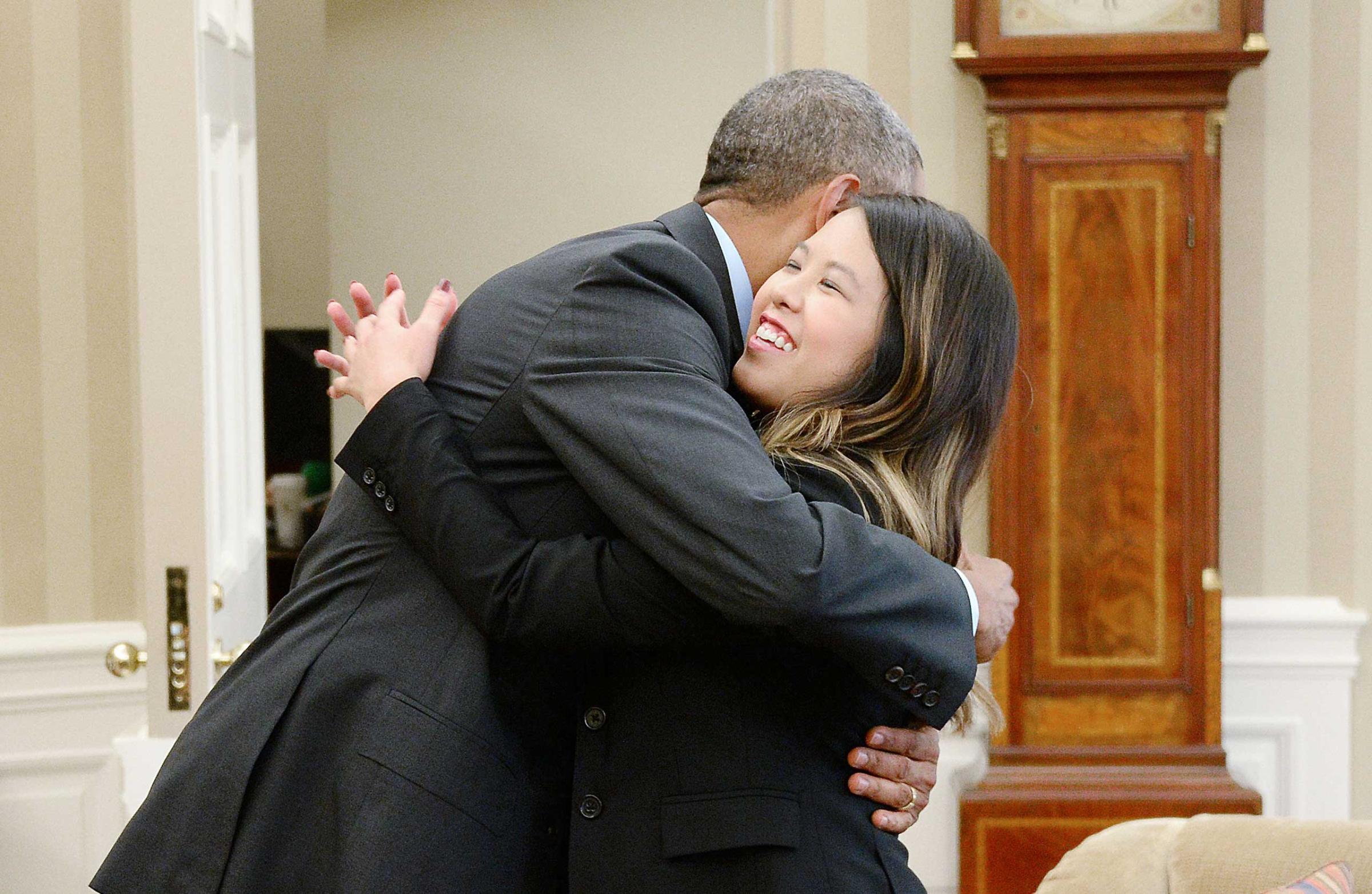
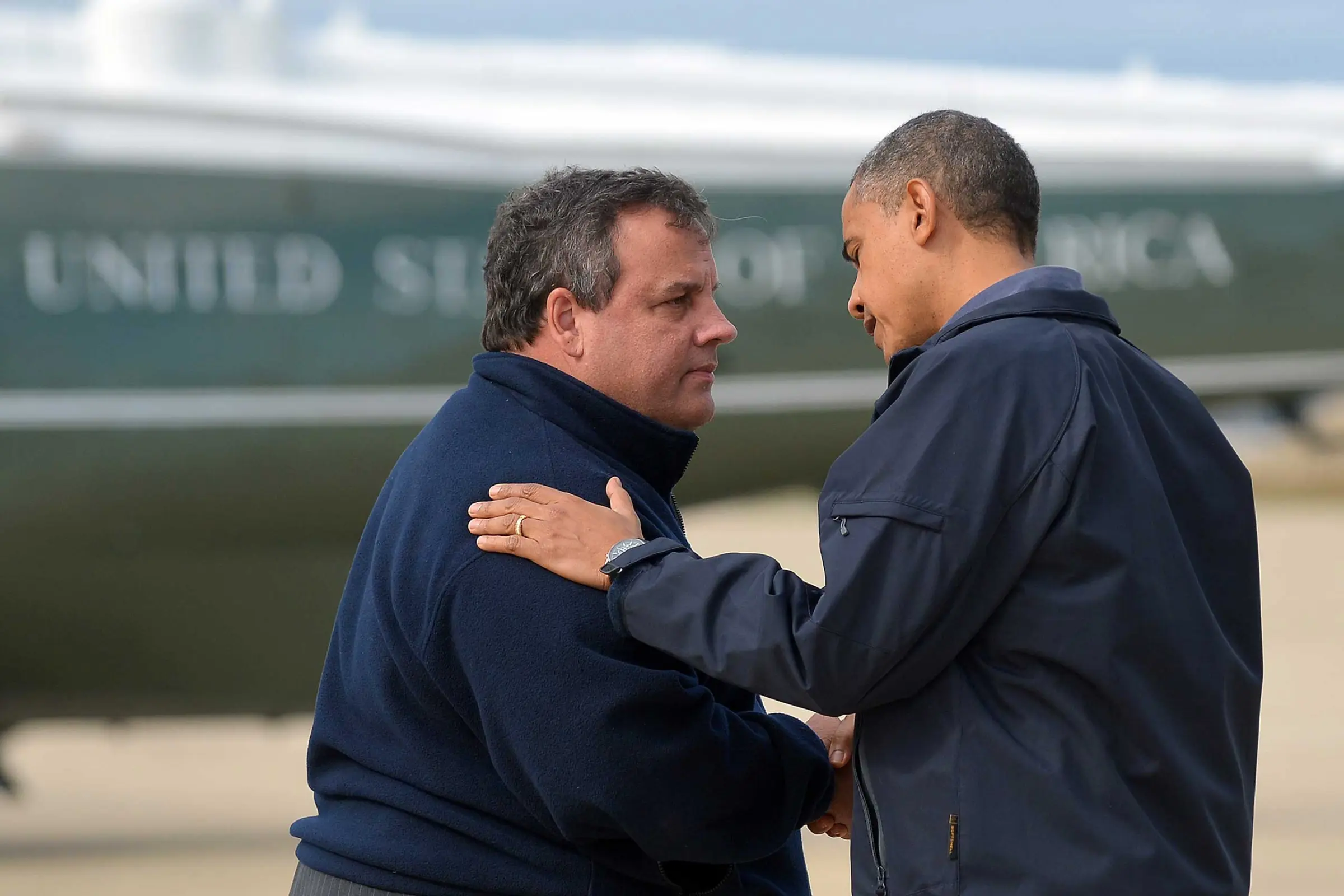

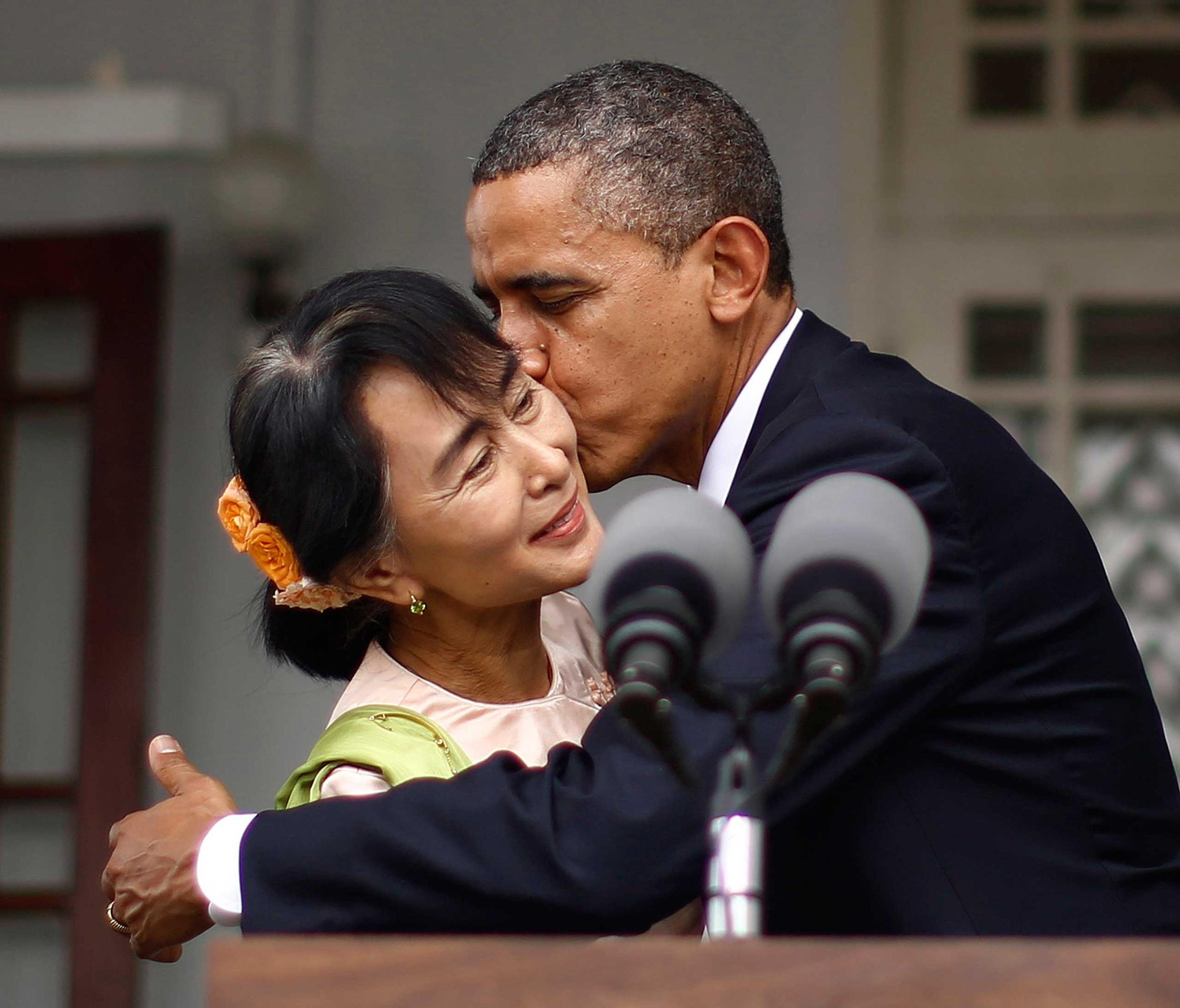

More Must-Reads from TIME
- Cybersecurity Experts Are Sounding the Alarm on DOGE
- Meet the 2025 Women of the Year
- The Harsh Truth About Disability Inclusion
- Why Do More Young Adults Have Cancer?
- Colman Domingo Leads With Radical Love
- How to Get Better at Doing Things Alone
- Michelle Zauner Stares Down the Darkness
Contact us at letters@time.com